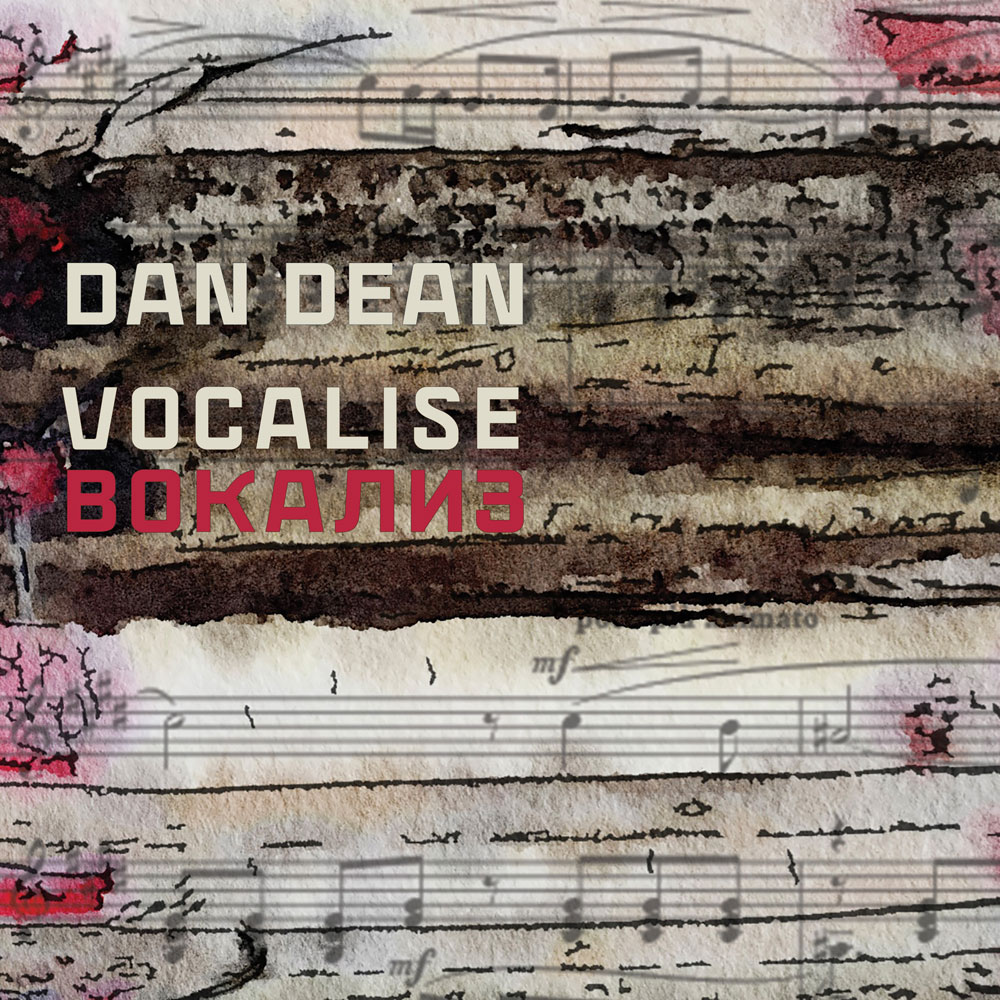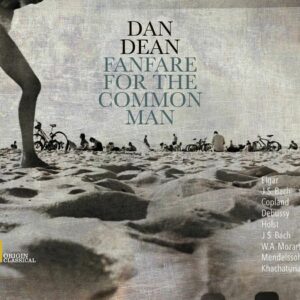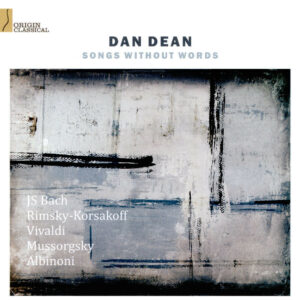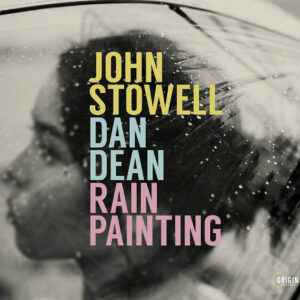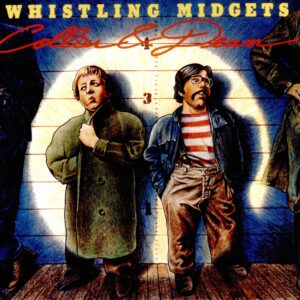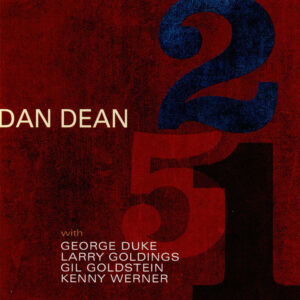Description
Another vocal and musical masterpiece from Dan Dean – Vocalise.
TRACK LISTING:
Sergei Rachmaninoff: 14 Romances, Vocalise Opus 34, No. 14 – 6:58
Sergei Prokofiev: Toccata in D Minor, Opus 11 – 3:54
François Couperin: Les Barricades Mystérieuses – 2:25
Igor Stravinsky: L’Histoire du Soldat, Triumphal March of the Devil – 2:22
Gustav Holst: Suite 1, Mvt. 2, Interlude – 2:54
Sergei Prokofiev: Montagues and Capulets – 5:02
Gabriel Fauré: Pavane in F# Minor, Opus 50 – 6:54
Sergei Rachmaninoff: Prelude in G Minor, Opus 23, No. 5 – 4:06
Sergei Prokofiev: L’Amour des Trios Oranges Marche, Opus 33 – 1:41
Mark Knopfler: Going Home (Theme of the Local Hero) 3:41
Knopfler; Chariscourt Ltd. All Rights administered by Almo Music Corp., ASCAP
PERFORMANCE:
DAN DEAN – VOCALS, WHISTLE, FRETLESS BASS
PRODUCTION INFO:
Recorded in High Definition 32 bit 96 kHz
Arranged and produced by Dan Dean
Recorded and mixed by Dan Dean, October 3, 2021 – March 3, 2023
Mastered by Friedemann Tischmeyer, Hamburg, Germany
Photography/Art Direction by Norene Sandifer
Design and Layout by Beth Anderson Design
Glass Art by John De Wit, Cultus Bay Glass, Langley, WA
THANKS:
Melinda Bargreen, Nancy Rumbel, Friedemann Tischmeyer/IMSLP, Rachel DeShon, Erik Zobler, Ehrlund Microphones/Sweden, Fred Forssell/Forssell Technologies, Walt Wagner, Dr. Don Novey, Norene Sandifer, Dr. Chris and Jyl Leininger, Marty Friedman/WICN-FM, Paul Hubert/Immersive Networks, Steve Korn Photography.

